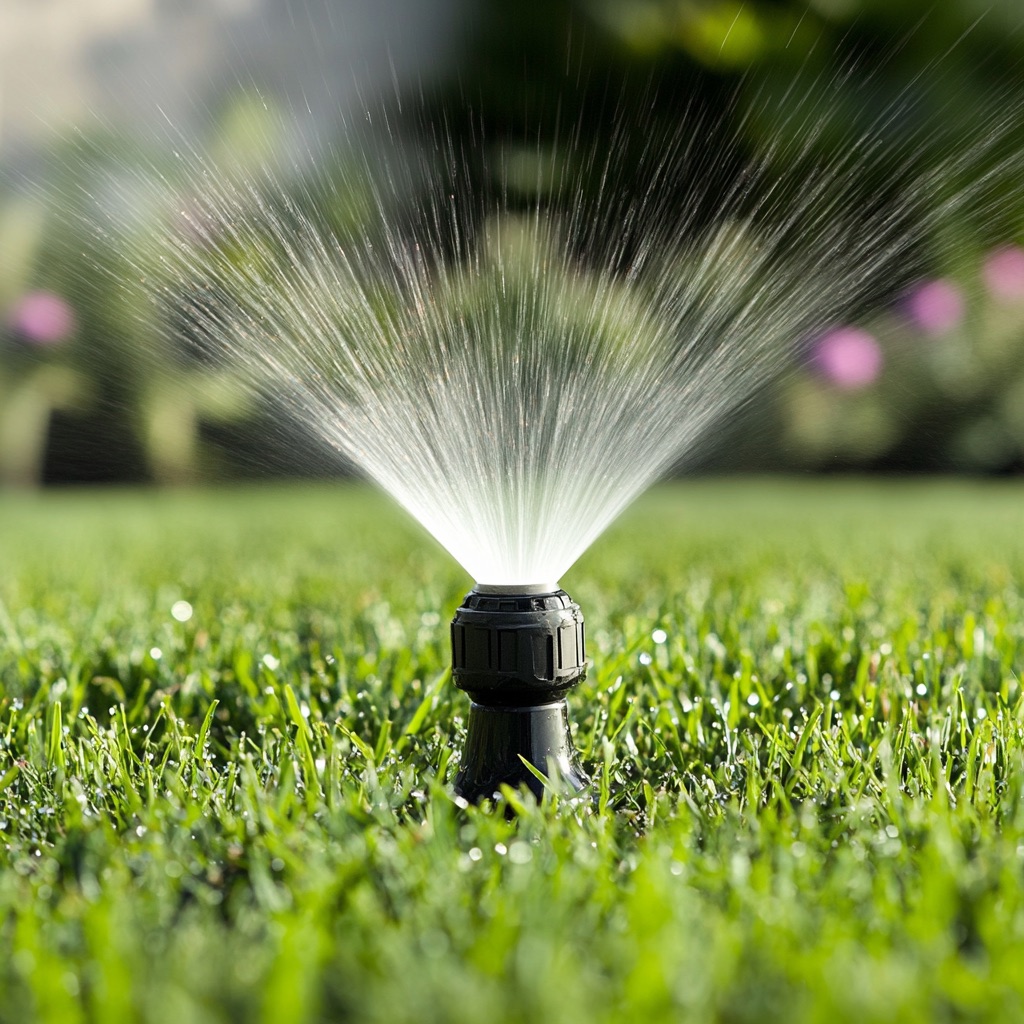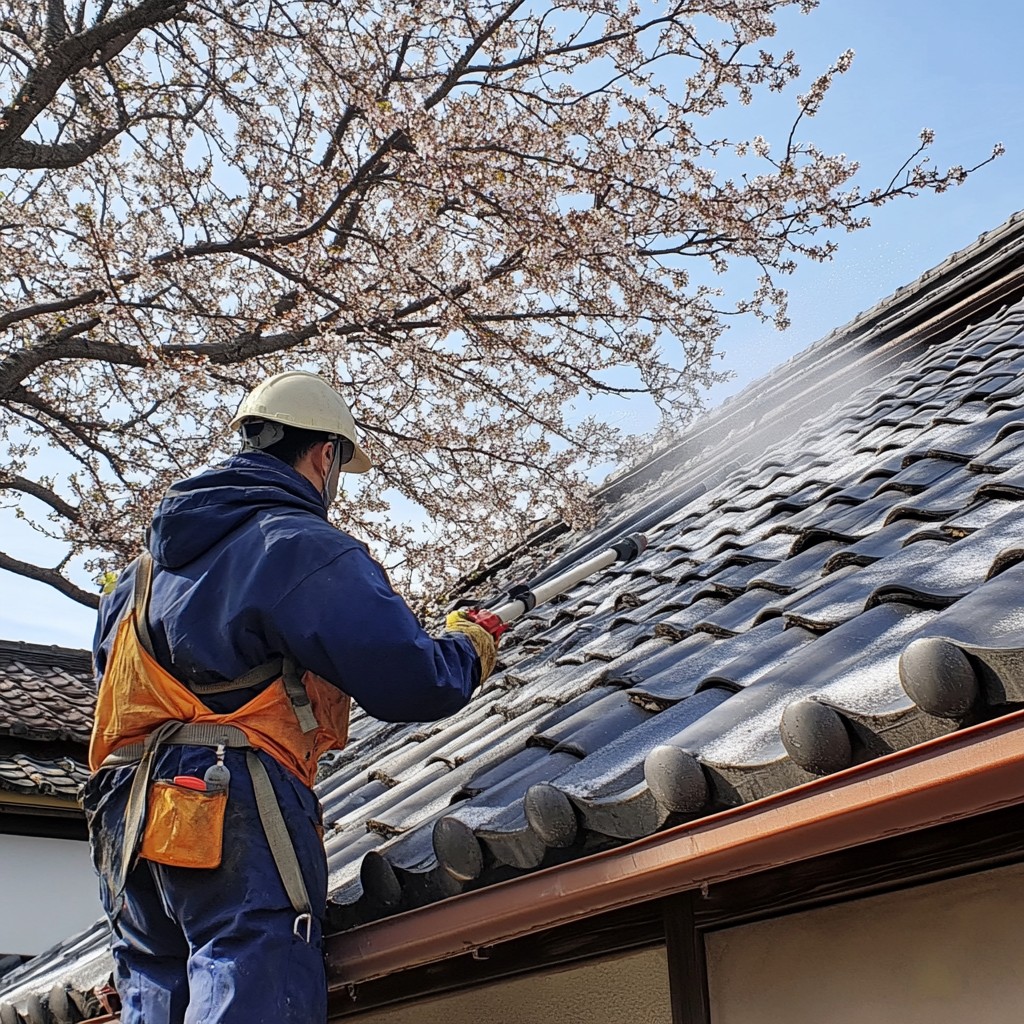Last updated on
Maintaining a pest-free home is crucial for the health and comfort of your family. Unwanted pests not only pose health risks but also can cause damage to your property. From rodents to insects, pests can invade your living space and create a myriad of problems if not dealt with promptly and effectively.
Fortunately, there are several proactive steps you can take to prevent pests from infesting your home. In this article, we’ll explore seven essential steps to help you achieve and maintain a pest-free environment, ensuring your home remains a safe and pleasant place to live.
Keep Your Home Clean and Tidy

One of the most effective ways to deter pests from invading your home is to maintain a clean and tidy living space. Pests are attracted to food sources, water, and shelter, all of which can be found in abundance in an unkempt environment.
Start by regularly cleaning your kitchen, dining areas, and other areas where food is prepared or consumed. Sweep floors, wipe down countertops, and promptly clean up any spills or crumbs. Store food in airtight containers and promptly dispose of garbage in tightly sealed bins.
Seal Entry Points
Pests can enter your home through even the tiniest of openings, including gaps around doors and windows, cracks in walls, and holes in screens. Inspect your home for potential entry points and seal any openings you find using caulk, weather stripping, or mesh screens.
Pay close attention to areas where utility pipes and cables enter your home, as these are common entry points for pests such as rodents and insects. Installing door sweeps and ensuring that windows are properly screened can also help prevent pests from gaining access to your home.
Maintain Your Yard

The exterior of your home can also attract pests if not properly maintained. Overgrown vegetation, piles of leaves or debris, and standing water can all provide harborage and breeding grounds for pests. Keep your yard well-manicured by mowing the lawn regularly, trimming shrubs and trees, and removing any dead or decaying vegetation.
Rake up leaves and debris, and ensure that gutters are clear of obstructions to prevent water from pooling. Additionally, consider implementing landscaping techniques that deter pests, such as planting pest-resistant plants and creating barriers using gravel or mulch.
Practice Proper Food Storage and Waste Management
Food sources are a primary attractant for many pests, including ants, cockroaches, and rodents. To minimize the risk of a pest infestation, practice proper food storage and waste management techniques.
Store pantry items such as grains, cereals, and flour in sealed containers to prevent pests from accessing them. Keep fruits and vegetables refrigerated or stored in sealed containers, and promptly clean up any spills or crumbs to eliminate potential food sources.
Additionally, ensure that outdoor garbage bins are tightly sealed and emptied regularly to prevent pests from being drawn to the smell of rotting food.
Implement Natural Pest Control Methods
While chemical pesticides can be effective at eliminating pests, they can also pose risks to human health and the environment. Fortunately, many natural pest control methods can help manage pest populations without the use of harmful chemicals.
For example, diatomaceous earth can be used to control crawling insects such as ants and cockroaches, while neem oil is effective against aphids, mites, and other garden pests. Planting pest-repellent herbs such as mint, lavender, and basil around your home can also help deter pests.
Additionally, maintaining a diverse ecosystem in your yard by planting native plants and attracting beneficial insects such as ladybugs and lacewings can help keep pest populations in check.
Schedule Regular Pest Inspections
Even with the best preventative measures in place, pests can still find their way into your home. That’s why it’s crucial to enlist the expertise of professionals such as those from Orkin to ensure the safety and comfort of your living environment.
To catch pest problems early and prevent them from escalating into full-blown infestations, it’s important to schedule regular pest inspections with a qualified pest control professional.
During these comprehensive inspections, a trained technician will meticulously assess your home for signs of pest activity, identify any potential vulnerabilities, and recommend appropriate treatment options if necessary, thus safeguarding your home against unwanted intruders.
Educate Yourself about Common Pests and Their Habits
Understanding the behavior and habits of common household pests is essential for effective pest management. Take the time to educate yourself about the types of pests that are prevalent in your area, as well as their preferred habitats, breeding cycles, and signs of infestation.
By familiarizing yourself with this information, you can better identify potential pest problems early on and take appropriate action to address them. Additionally, learn about the factors that can attract pests to your home, such as moisture, food sources, and shelter, and take steps to mitigate these attractants.
Maintaining a pest-free home requires a proactive approach and a combination of preventative measures. By keeping your home clean and tidy, sealing entry points, maintaining your yard, practicing proper food storage and waste management, implementing natural pest control methods, and scheduling regular pest inspections, you can effectively prevent pests from invading your living space.
By following these seven steps, you can enjoy a pest-free home that is both healthy and comfortable for you and your family.
Table of Contents




